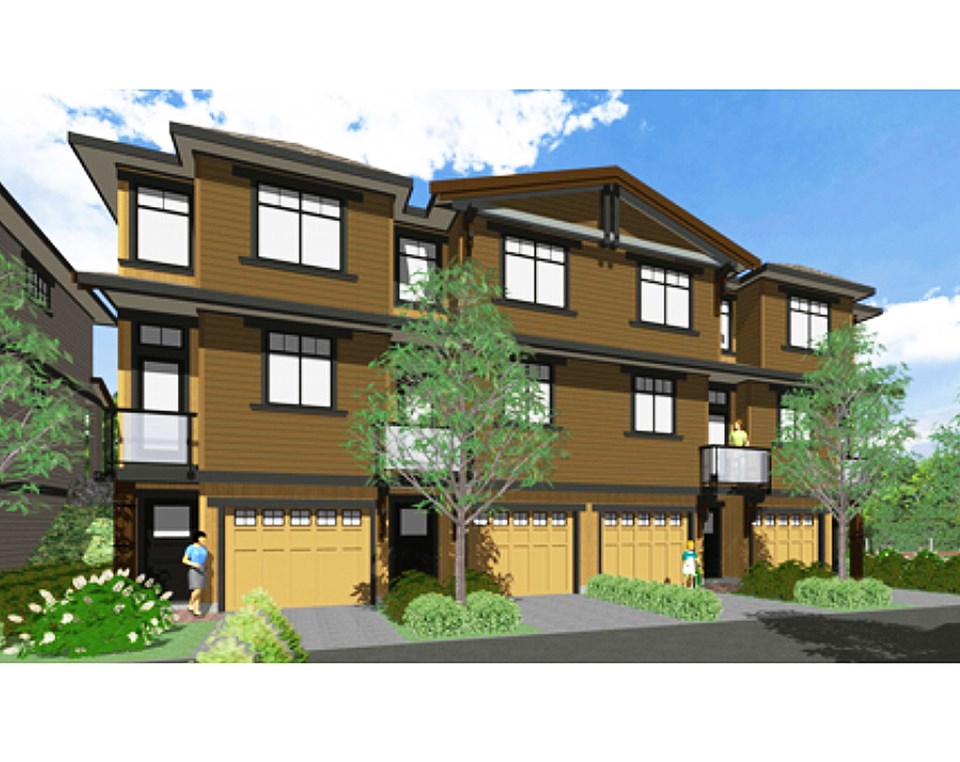A townhouse development at Tsawwassen Springs has been blocked after a decision by the Agricultural Land Commission.
Following a public hearing last year, council granted preliminary approval for the Tsawwassen Golf & Country Club Ltd. application to build another 60 townhouses, a tennis court and other amenities at 4800 Springs Boulevard and a portion of 5133 Springs Boulevard immediately west of the current development. The 2.55-hectare (6.3-acre) site is in the Agricultural Land Reserve but not actively farmed.
Shato Holdings owner Ron Toigo purchased the property with the intent of taking most of it out of the ALR. The site was owned by another individual when the original Tsawwassen Springs application was put forward a decade ago but the owner wasn't interested in selling at the time.
The current development plan includes a subdivision of 4800 Springs Boulevard into two lots, one of which would consist of the townhouse development. The applicant is proposing to consolidate the remainder lot with the current golf course lot.
The plan would see the lot with the new homes excluded from the ALR, while the other which would be connected to the golf course would receive non-farm use status, both requiring Agricultural Land Commission approval.
The requests were referred to the ALC in July 2017 and in May of this year the commission only approved the non-farm use application, while denying the ALR exclusion. Project manager Ross Clouston requested the city keep the application active in order to give time for the owner to make a request to the ALC for reconsideration. Council granted that extension earlier this month.
The luxury townhouse plan would see 60 three-bedroom, three-bathroom units built in 15 buildings. In total, 28 would be 1,830 square-foot, two-storey homes on the golf course and the remaining 32 would be 1,430 square-foot, three-storey homes. The architecture would be same quality, fit and finish as existing homes at Tsawwassen Springs.
During the public hearing, an agrologist for the applicant said that historically the area was used extensively for depositing fill, including asphalt and concrete, and soil testing determined the majority of the development did not contain native soil. Native soil could only be found by digging lower than one metre. Given the subject site's isolated location and history, the agrologist concluded that it “would be very difficult to use for farm purposes.”
A Delta staff report last year noted the city retained its own agrologist to undertake a peer review and it “supports the conclusions of the applicant's agrologist.”
The development application also requires Metro �鶹��ýӳ��approvals.



